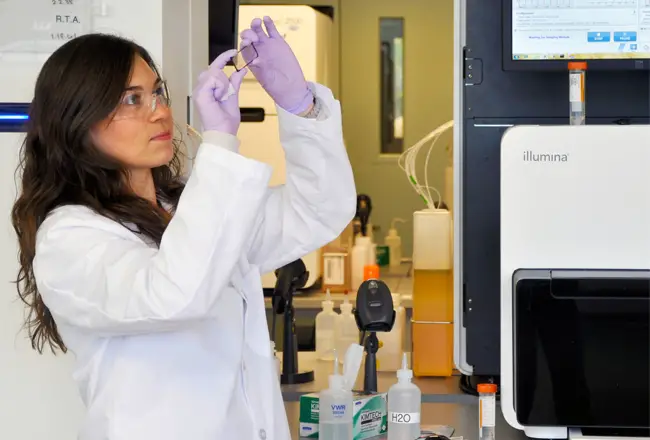Regeneron, Sanofi increase investment in drug developments
Regeneron Pharmaceuticals Inc. and French pharmaceutical company Sanofi will increase their investment in the development of cemiplimab, an antibody aimed at treating a variety of cancers, by $1 billion.
 The two companies will also increase their funding for dupilumab, a drug that has been approved in the United States and Europe for the treatment of atopic eczema.
The two companies will also increase their funding for dupilumab, a drug that has been approved in the United States and Europe for the treatment of atopic eczema.
In a statement, Regeneron and Sanofi said the increased investments will enable them to evaluate cemiplimab and dupilumab in broader clinical development programs.
Cemiplimab is being studied as both a monotherapy and in combination with other therapies in a wide range of cancers, including skin cancers, lung cancer, cervical cancer and lymphomas. The companies”™ equally funded investment in the drug will be increased to $1.64 billion.
“The increased funding will enable us to investigate this important new therapy in a variety of cancers as rapidly as possible,” said Dr. George D. Yancopoulos, president and chief scientific officer of Regeneron.
The companies said the additional investment in dupilumab”™s development will help accelerate planned new studies in chronic obstructive pulmonary disease, peanut allergy and grass allergy, as well as in patients who have multiple allergic conditions.
The additional investment will also accelerate and expand development of REGN3500, an an antibody to treat atopic dermatitis, asthma and chronic obstructive pulmonary disease.
The companies announced in October that dupilumab showed positive results in adults with eosinophilic esophagitis, an allergic inflammatory disease that damages the esophagus.
Dupilumab has received Orphan Drug Designation from the FDA, a status given to investigational drugs that are being developed for the treatment of diseases or conditions that affect fewer than 200,000 people in the United States.
“We look forward to rapidly advancing a broad development program to further investigate the potential of dupilumab to help multiple different patient populations in need,” Yancopoulos said.